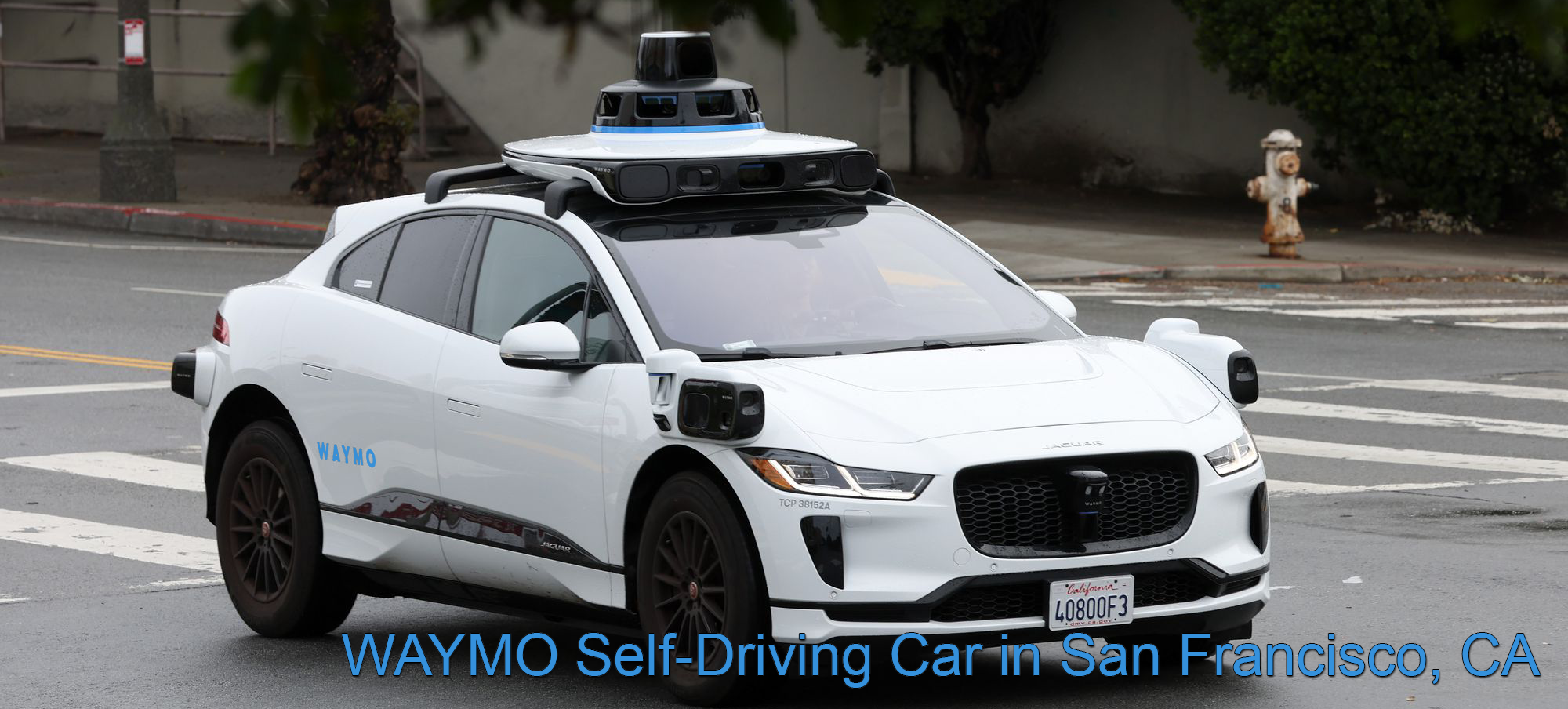Kerby Anderson
Will artificial intelligence take your job? That is a question that John Stossel asks in a recent video. He says the media warns, “Artificial intelligence will replace millions of jobs.” He shows you Teamsters protesting the use of self-driving cars because they will replace taxi drivers.
In previous commentaries, I have talked about how technology can be disruptive to society. But the long-term impact isn’t as bad as fearmongers would suggest. Jay Richards is the author of the book The Human Advantage: The Future of American Work in an Age of Smart Machines. He writes about the impact of robots and acknowledges that the coming disruption could be as abrupt as the Industrial Revolution.
But he and John Stossel point to history to dismiss many of the concerns. For example, if it is true that technology leads to permanent unemployment of the masses, the history of the last few centuries would be a history of joblessness. That is not true.
Both point to the fact that more than 90 percent of America’s workers once worked on farms. Better farm equipment replaced many of those jobs and now one percent work on farms. John Stossel reminds us that “There were once half a million typists in America. Nearly all those jobs are gone.” Also, there were “thousands of phone and elevator operator jobs.”
Many “bank tellers were replaced by ATM machines and online banking. Video rental stores were killed by streaming services.” In nearly every industry, you can find examples of how technology resulted in lost jobs. But there was no major surge in unemployment decades later. People found other jobs in such fields as education, hospitality, and health care.
Technological change can be disruptive, but we need only look to history to see how society usually benefits from new technologies. 
 Listen Online
Listen Online Watch Online
Watch Online Find a Station in Your Area
Find a Station in Your Area










 Listen Now
Listen Now Watch Online
Watch Online
